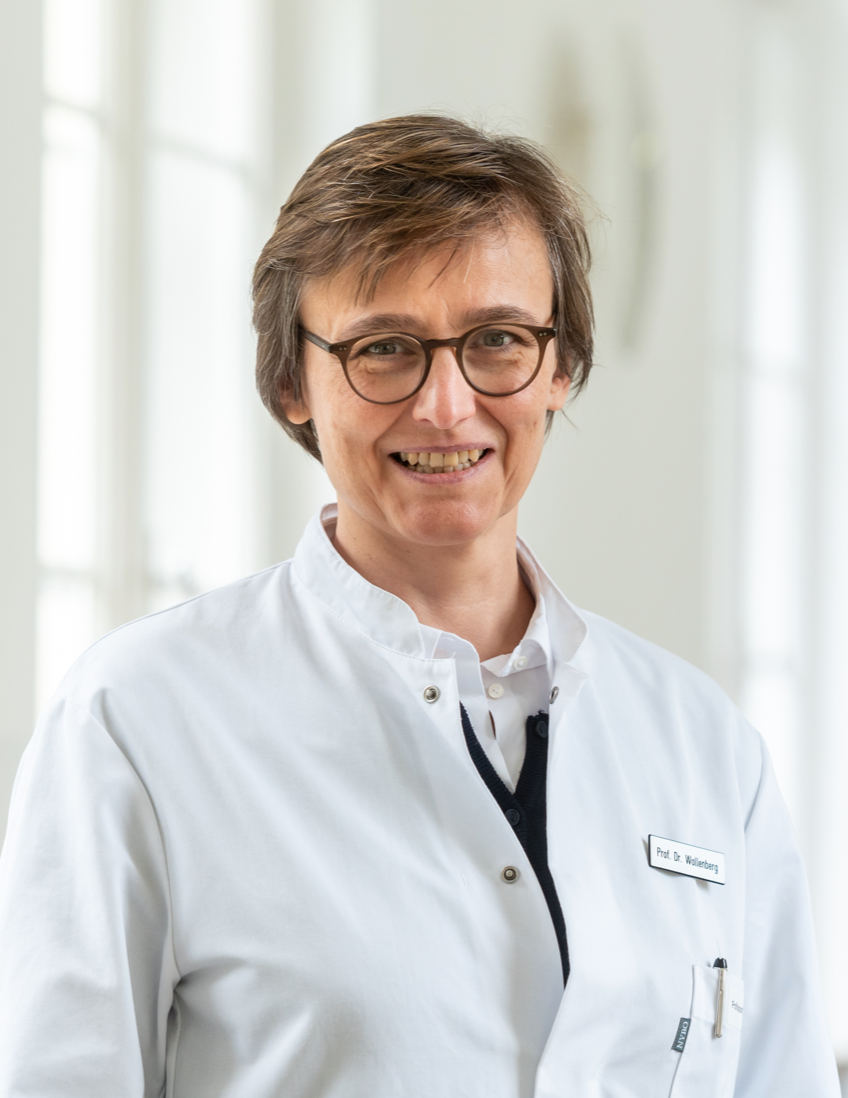Hier finden Sie detaillierte Profile der DKTK Faculty-Mitglieder mit Programmschwerpunkten und Forschungsfokus in der Forscherdatenbank. Kontakte aller DKTK Wissenschaftler:innen finden Sie im DKTK Intranet.
Forscherdatenbank

Prof. Dr. Barbara Wollenberg
Klinikum rechts der Isar TU München
Ismaningerstr. 22
81675 München
Programme
Molecular Diagnostics, Early Detection, and Biomarker Development (MDEB)
Cancer Immunotherapy (CI)
Übersicht
Platelets as drivers of cancer progression
Platelets can be “educated” by cancer cells. RNA sequencing of tumor-educated platelets enables blood-based pan-cancer, multiclass, and molecular pathway cancer diagnostics and thus to convey accurate information about cancer signatures. Platelets are involved in all inflammatory processes and are known to modulate the function of different cells at different sites of the human body. The main research focus covers the understanding how platelets transfer this molecular information to other cells and how they support the growth of cancer cells. Several mouse models and an in vitro organoid models flank several -omic based technologies. Our preliminary data on the isolation and characterization of human platelet-derived microparticles (PMP) reveal increased expression levels of PD-L1 in response to stimulation with inflammatory TNFa, indicating the alteration of the PMP molecular composition in response to external stimuli. Elevated platelet PMP levels are suggested to be associated with many different inflammatory diseases (e.g. malignancy) as microvesicles prepare resistance and the premetastatic niche.
Tissue-based analyses of HNSCC associated biomarkers
In collaboration with the pathology departments in Lübeck and Munich (MRI) we were able to build up several TMAs allowing us to start several biomarker analyses in solid tissues. Special interest is put in the spatial distribution of various immune cells during the course of immunotherapy, identifying molecular mechanisms of resistance. Genetic molecular analyses allows us to detect genetic diversity between primary and recurrent cancer.